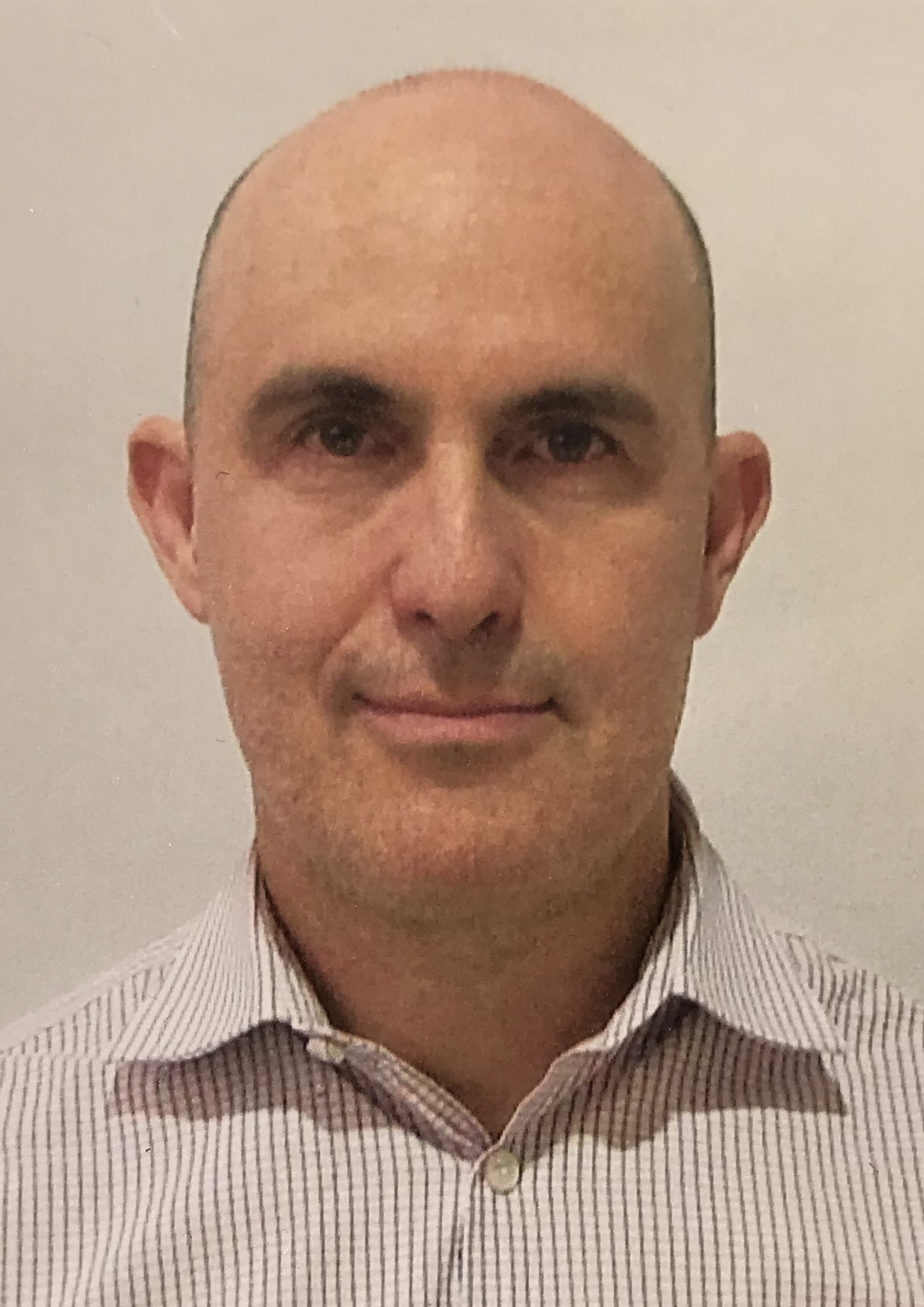 Council
Council
Alberto Simpser is associate professor of political science at ITAM in his native Mexico City. He has a PhD in political science from Stanford University. His research interests include the political economy of development, democracy, election fraud, corruption, political culture, and political methodology. Prior to joining ITAM in 2014 he served on the faculty of the University of Chicago’s political science department as assistant professor. He was National Fellow at Stanford in 2011 and Fellow at Princeton University’s Niehaus Center in 2006.
He is the author of Why Governments and Parties Manipulate Elections (Cambridge University Press 2013), coeditor (with Tom Ginsburg) of Constitutions in Authoritarian Regimes (Cambridge University Press 2014), and has published articles in the American Journal of Political Science, Journal of Politics, Public Opinion Quarterly, Latin American Research Review, and Annual Review of Political Science among others. His paper “The Intergenerational Transmission of Norms About Corruption” received the 2014 Sage Best Paper Award, and his ongoing work on elections and civic culture received a 2017 Governance Initiative Grant from JPAL.
Simpser has served the Association as co-Chair of the Political Economy Division for the 2016 Annual Meeting, committee member for the 2017 McGillivray Best Paper Award of the Political Economy organized section, and committee member for the 2015 Sage Best Paper Award of the Comparative Democratization organized section. He currently is a member of the Planning Committee for the Comparative Study of Electoral Systems, and a member of ITAM’s Institutional Review Board.
Statement of views:
It would be a privilege to serve on the APSA Council. If elected, I will work to further the Association’s core objectives of promoting research and teaching, strengthening the professional environment, and representing the profession’s diversity. As a US-trained, foreign based political scientist, I believe that there exist opportunities for broadening APSA’s ties with our peers outside of the US, who constitute a community of growing size, importance, and diversity. Second, a growing body of evidence suggests that there is room for improving the professional environment of graduate students and junior faculty, both in terms of personal well-being and of relationships with superiors and peers. I would encourage a discipline-wide conversation about standards of conduct in advising, collaboration, and promotion. Relatedly, I would propose a review of existing avenues for airing and addressing interpersonal conflicts in our profession with a view to improving the practical effectiveness of such avenues.